GCSE results – hard work made all the difference… but the extra funding didn’t hurt
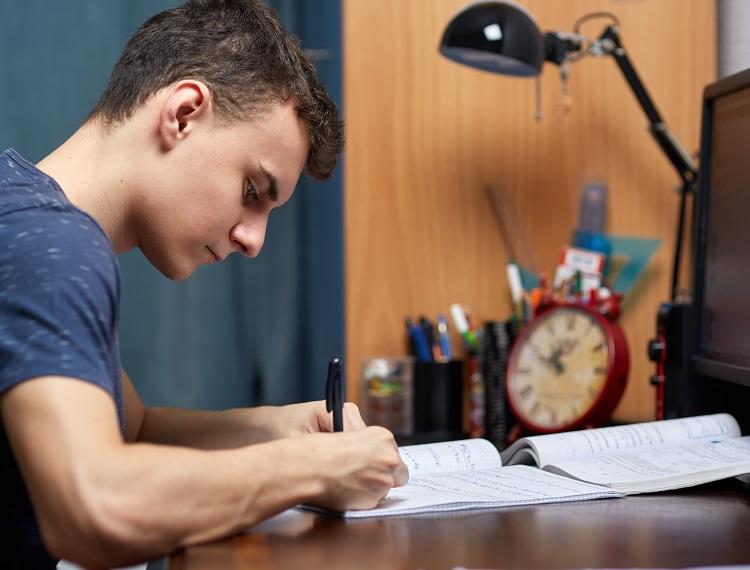
Last week the UK saw record GCSE results, highlighting the amazing resilience and determination of the young people of this country. Our analysis of @Nacro data, shows that our pupils who took part in extra tutoring made possible by the Government’s recovery funding saw a 15% higher pass rate than those that didn’t. Now we’re asking what could be possible if the extra funding was here to stay?
Last Thursday, I watched our learners open their resits results with a massive sense of pride, they have achieved so much in one of the most difficult years. Like Kayleigh in Middlesbrough who has struggled with depression and anxiety since she was young, making it hard for her to get the results she needed at school. She retook her GCSEs with us and, with the extra support from her tutors for her issues and the smaller class sizes at Nacro, passed with two grade 4’s in English and Maths. She was, to quote Kayleigh, ‘over the moon’.
Or Josh from Bolton, who missed so much of school due to being hospitalised with diabetes he left school with two Grade 3s. Yesterday he was our highest achieving student, taking home a grade 7 in English and a 5 in Maths.
Across the board we saw an increase of high passes 4 and above. Given at the beginning of the pandemic around half of our students didn’t have a digital device or the WiFi needed for remote studying, it’s a huge achievement.
The credit firmly rests on the hard work of our young people, like Joe from Walsall who turned his Grade 3 in maths into a Grade 4 by coming in every day over half term and studying one-to-one with his tutor. With his Grade 4, he now has more career options when he joins the army.
The effect of the extra Government funding
But what has bolstered our young people’s efforts has been the use of the Government’s recovery tuition funding. Those who took part in the scheme achieved 15% higher pass rates compared to those who did not participate.
Sir Kevan Collins, former Government Education Recovery Tsar, referred to the catching up of learners who have fallen behind due to Covid, ‘as the greatest challenge of my generation of educators’. He is of course right, but many of our country’s students have fallen behind not just because of Covid.
Analysis by Children’s Commissioner in 2019 found one in five young people fail to achieve a good set of basic qualifications (Level 2) by age 19. This is even more stark for disadvantaged young people, with more than one in three (38%) students on free school meals not achieving a Level 2 qualification, a steep rise of 17% in the past five years. These are problems that have existed long before Covid.
Our results on the effect of the extra funding show that extra resources can help address the skills and knowledge gap young people were facing and move the dial on attainment. What we now need is this funding boost to become permanent. More needs to be done to support those experiencing the extreme end of social disadvantage as the gap widens. As part of our Learn Without Limits campaign we are calling on the Government to extend the Pupil Premium, the extra funding given to disadvantaged pupils, to 16–19-year-olds. Because the problems that hold young people back in education don’t stop at 16, but unfortunately the funding does.
Looking at disadvantage beyond free school meals
We also want to see a wider definition of disadvantage, that doesn’t begin and end with socio-economic status. There are a number of factors that impact upon engagement and progression in education. We want a ‘Pupil Premium Plus’ (£1,000 per learner, per year) for young people with a ‘children in need’ classification within the last six years, those who are eligible for free school meals or have a special educational need.
The funding would allow for specialised, wrap around care, providing both academic support and targeting wider, non-academic barriers to learning, centred on behaviour, attendance and social and emotional support.
Although the extra recovery funding was focused on tutoring, the success we have seen should act as inspiration for what can be achieved with extra support.
This week’s results were a high point for the UK’s young people. So my message to the Government is, lets maintain this momentum. Let’s back our young people, give them the resources and support they need to close that gap in attainment. Let’s catch up those young people not only left behind because of the pandemic but for other reasons out of their control. Because this week’s results show young people are prepared to go the extra mile, to put the effort in. Those in Government now need to match their ambition.




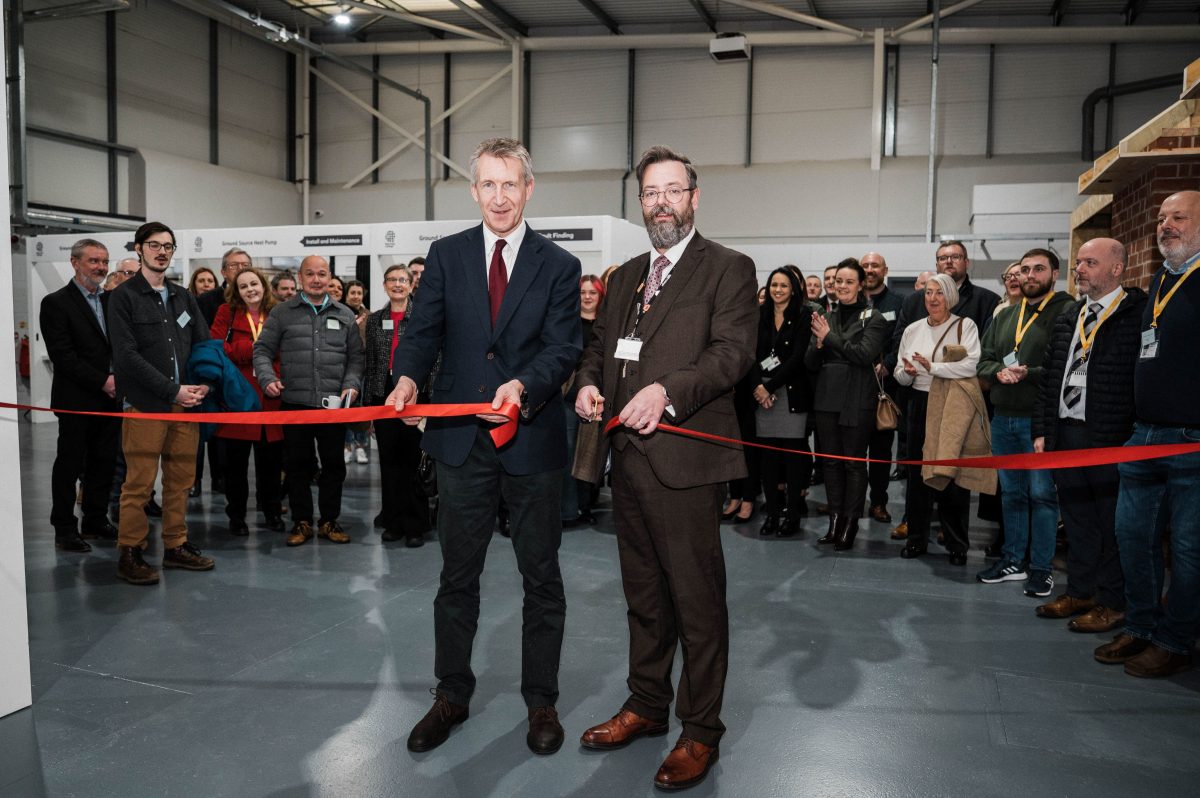
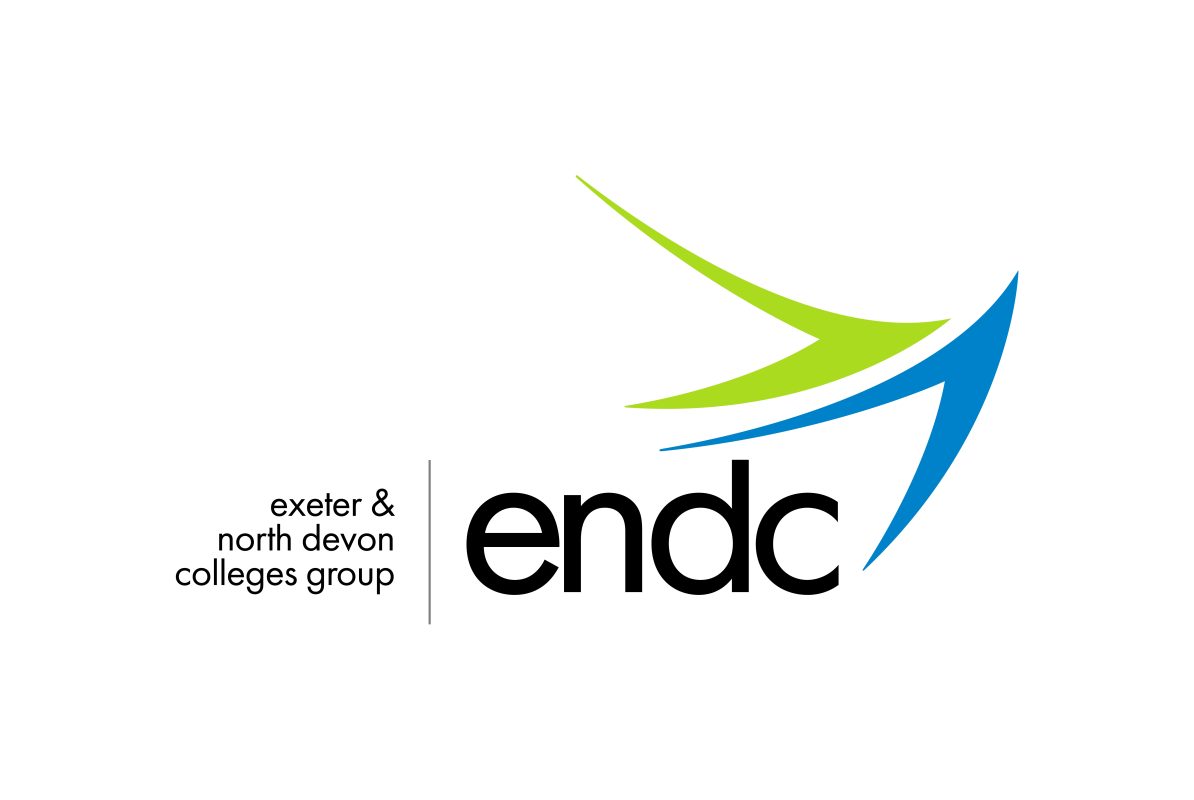
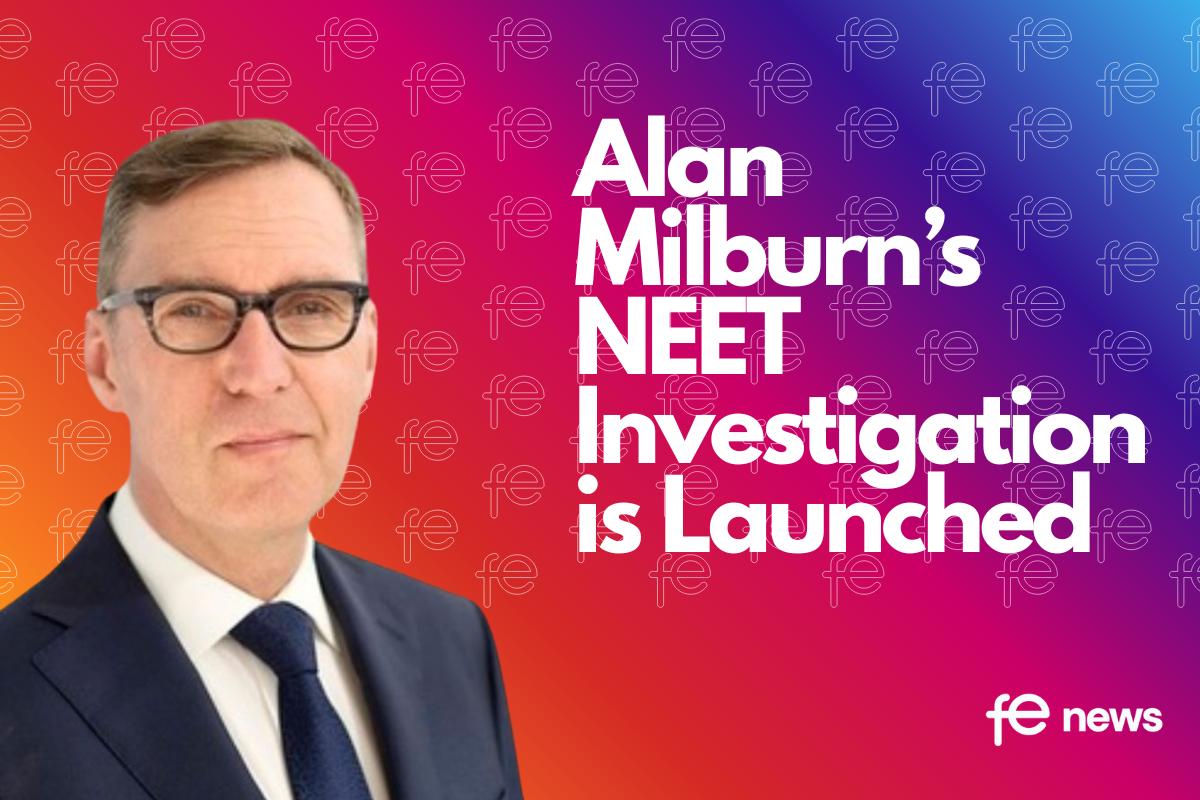


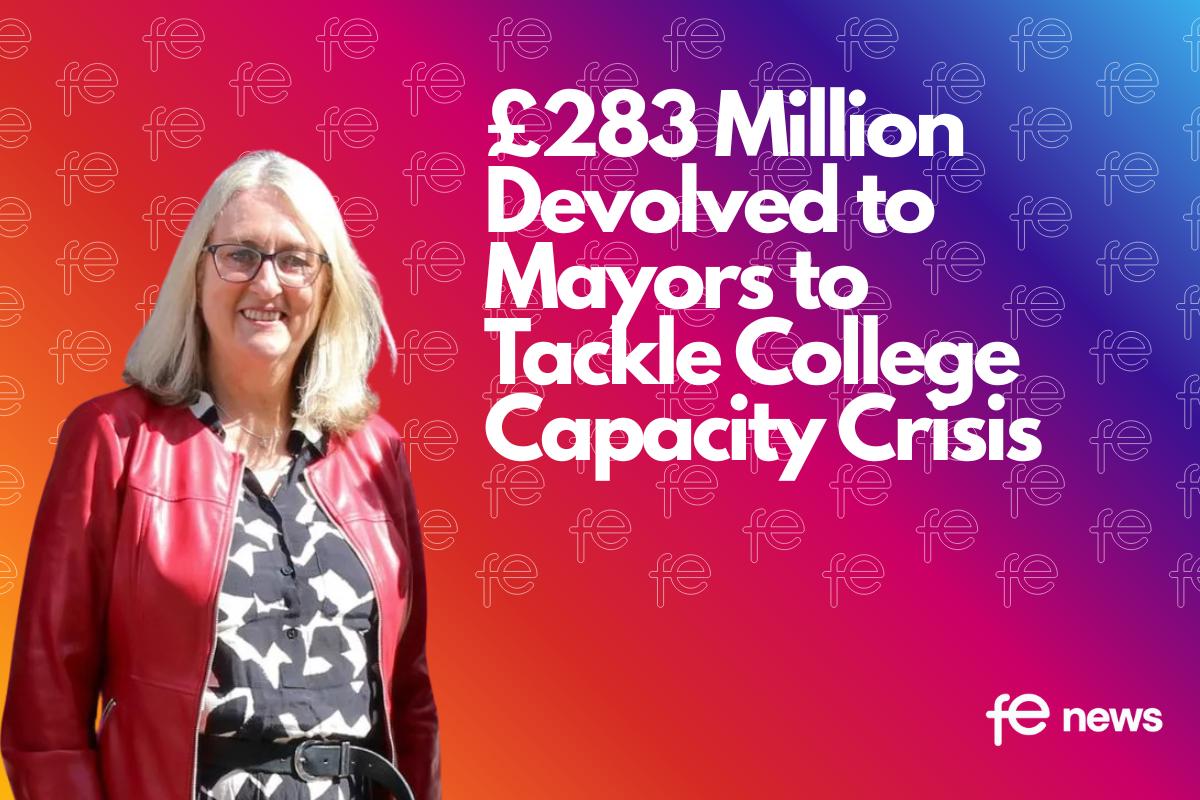

Responses